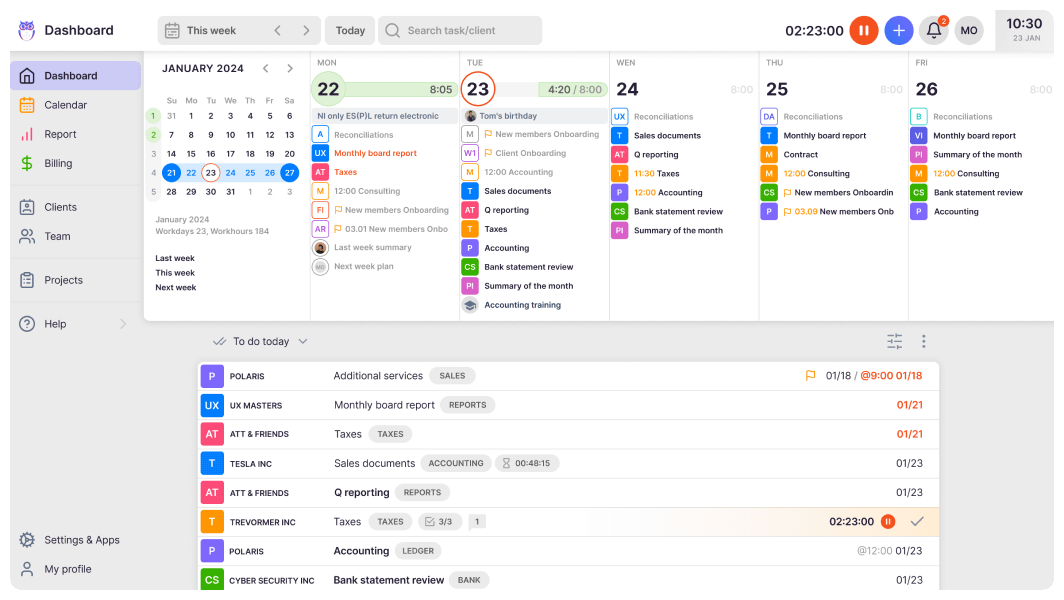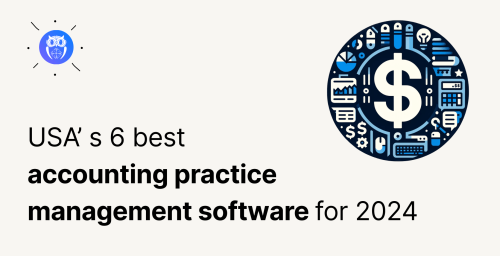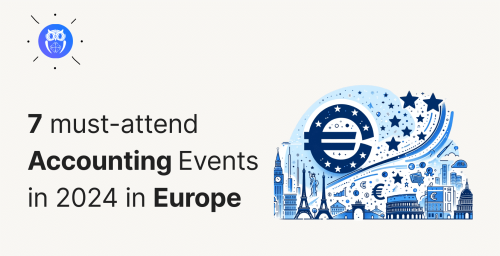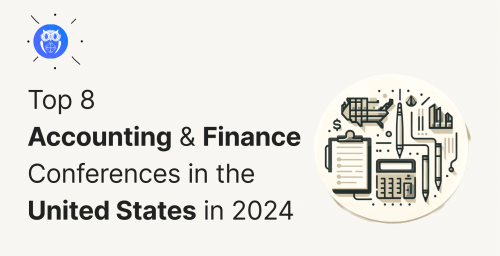Let’s discuss why CRM is critical for accounting clients. In this article, you’ll find answers to these questions:
- What is CRM for accountants?
- Why CRM is more than a business strategy
A strong customer relationship is vital to the success of any accounting firm because accounting clients are the people who keep the accounting firm in business.
Accountancy practices are witnessing industry-changing trends, like automation, outsourcing, staff shortages, and the addition of niche accountancy practices, contributing to the need for effective customer relationship management (CRM) technology.
However, CRM is not just software for recording client information and engagement. CRM should be seen as a cultural practice where analysing enough customers should identify cross-selling opportunities and your accounting firm’s most valuable accounting services.
By developing a more profound understanding of your accounting clients, your accountancy practice can gain a competitive advantage and remain sustainable.
Accounting firms that successfully adopt a CRM approach unite staff and boost workflow processes with technology. Employees will embrace this CRM approach if the right technology is utilised to demonstrate more value to them and the practice as a whole.
What is CRM, and how does it benefit accounting clients?
CRM (customer relationship management) grew in the mid-1990s as a software tool used to store and share data about a customer. Although many definitions have been given, their meanings depend on the environment used.
Typically, CRM is a combination of a business approach and a management tool. By combining strategy with technology, the CRM objectives are to establish long-lasting relationships with the accountancy practices’ clients, generating valuable knowledge that is profitable for the business.
However, according to statistics, between 47% and 63% of companies, a CRM strategy fails because companies cannot implement an effective strategy and end-user adoption.
A CRM initiative must provide accountancy practices with critical business decision-making and support tools. This could be:
- identifying new clients
- viewing more profitable existing clients
- offering new services
- recording transactional data from client engagement
Using CRM strategically should enable firms to assess which client information can help develop a better business. It requires a customer-centric focus that fosters customer satisfaction, customer information sharing and conversion into useful knowledge.
Why CRM is more than a strategy
The essential aim of CRM is to learn:
- about your accounting clients
- how valuable accounting clients are to your practice.
To do this, you’ll need to accumulate client information recorded from each interaction, which is digitally stored and shared amongst employees within the accountancy practice.
Client information basics
The most basic form of client information is their contact details, including a name, job title, location, and role in contacting your business. Contact data must be updated as clients’ employees advance their careers and their influence over business-making decisions increases.
From this client data, it becomes easier to know your client demographic by checking:
- The industry they work in,
- Type of entity,
- Which client office they are based in,
- Regulatory requirements,
- Company size.
It makes it easier to assess how valuable they are to your practice. Then, develop a customer profile and determine whether similar types of profiles can be targeted by your practice.
Get to know your accounting clients
To receive a more accurate client persona, additional client data obtained from engagement can lead to further analysis, for instance:
- What service did the client purchase?
- Which sales pitch did not work?
- Payment history and volume size
- How often does a client contact your company?
- Types of engagement (email, telephone call, in-person meetings)
- Who do they speak to (maybe they trust and prefer a specific accountant)?
- Additional services added or billed for
Correctly recording these engagements will effectively manage client relationships and provide a further understanding of how valuable a client is to your accounting firm.
Finally, your accountancy practice should collect relationship information.
Relationship information is the third-party stakeholders a business uses. Relationship information is a critical advantage, generating ongoing sources of warm leads and possible referrals.
Identifying a client’s network could include their solicitor, who they bank with, or other directors within their company. All these could lead to cross-selling opportunities for additional business where your client can act as a positive referral.
To do this, successful accountants using CRM should be asking themselves these questions:
- What do we know about our clients and who they collaborate with?
- What don’t we now know about our clients but really should?
- What should we know about our clients?
Analysing and assessing client relationship information uncovers a new network of leads or business referrals. These can help develop lead-based strategies to remain competitive over other accountancy practices.
Client relationship information becomes client intelligence – creating further business opportunities which are only gained through a better understanding of your clients.
Read how CRM builds sustainability for accounting practices.














